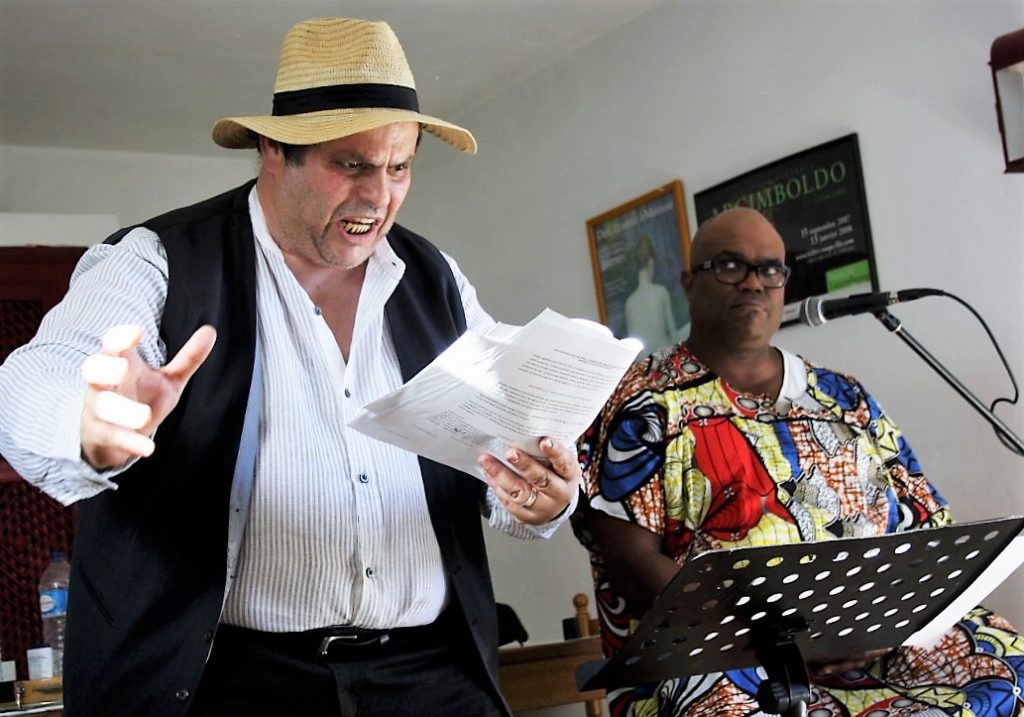 The history of Portugal as a slave country and a major player in the slave trade is often not addressed and, when it is, the subject is rarely discussed in depth.
The history of Portugal as a slave country and a major player in the slave trade is often not addressed and, when it is, the subject is rarely discussed in depth.
In the play “Os Filhos do Fogo de Deus”, which has its absolute premiere tomorrow, Friday, at 18 pm, at the Álvaro de Campos Municipal Library, in Tavira, “warm cloths” are not used when talking about slavery.
The Algarvean actor and musician Mário Spencer and the Brazilian actor and storyteller Thomas Bakk are the protagonists of this play, which brings together the facets of storytelling sessions, history lessons, musical spectacles and, of course, dramatic expression. The artistic direction and script are the responsibility of Tela Leão, from the association Partilha Alternativa, and the «incidental music» is by Victor Gama.
On stage will be two men, one who was born in a country that was the destination of slaves from Africa for centuries, and another who was born in Guinea Bissau, one of the countries from which these men, women and children were taken, to suffer a lifetime of horrors and forced labor.
Furthermore, Mário Spencer brings with him the legacy of this period in history, as his family name refers to the owner of an ancestor of his, who was a slave.
The connection of Mário Spencer, who, like Thomas Bakk, goes on the scene like himself, to a violent reality in the past of Portuguese-speaking countries would be enough to give strength to the text, written from historical documents and poems.
But "The Children of the Fire of God" is much more than that. The talent of the two actors makes this a powerful play that drags those who watch it on a journey aboard slave ships, towards a colonial Brazil where slaves were a cheap commodity, during a time when Westerners felt that they had the full right to enslave others. peoples. There are also first-person accounts of slaves then (and beyond) whose crudeness is capable of sending a shiver down your spine.
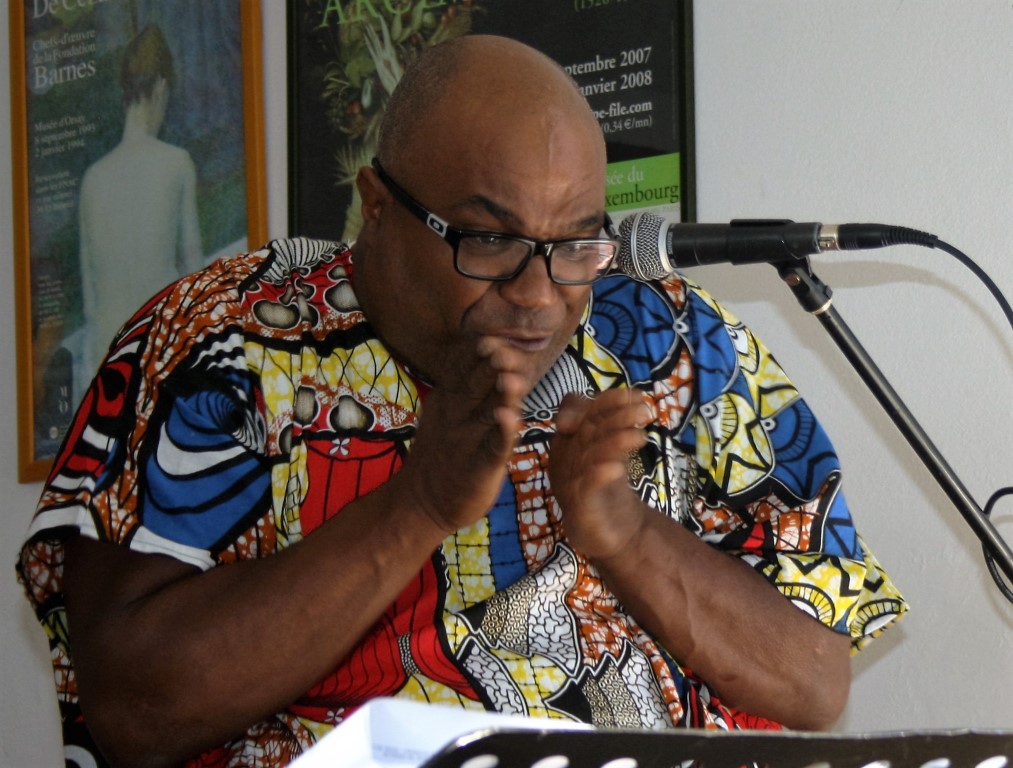
This conviction that the most powerful could subjugate the weakest, treating them as merchandise, was still in school long after slavery was officially abolished. Hence, the play is launched with a text by Fernando Pessoa, where the (ironically?) apology of the white man's right to enslave others, namely Africans, is made.
Álvaro de Campos also lends his poetry to the play. The sentiment is put forward by Thomas Bakk and Mário Spencer.
More than remembering a dark period in the history of Portugal, the play intends to draw attention to the problem of slavery, which is still very current. These days, there are many people who continue to be enslaved and forced to work. And the reality is not even distant, as there are cases in Portugal and throughout Europe.
“The idea here is to show what happened. I know it can be a controversial topic, but the point is not to point fingers. What we want is to prevent the same mistakes from being made today. Because our work would be worth little if it didn't have application nowadays», explained Mário Spencer.
“It's important to talk about this, because it wasn't just the Europeans. It is true that they were the ones who used the slaves, but there were many African kingdoms that entered this process for the sake of money and power», he reinforced.
The idea for this project was born, moreover, from Tela Leão's awareness of how little he knew about the history of Portugal as a slave country, at the same time that the idea “that the Portuguese were even good” fell to the ground. treatment of slaves concerns what he learned at school in Brazil.
“In 1991, I translated the work of an American researcher Robert Eduard Conrad, who carried out research on this topic using only the documentation of the time, relating to Brazil,” he said.
At the time, Tela Leão had just moved from Brazil to Portugal (he settled in Tavira in 2007) and the work he had could have been in vain, as the book was never published, due to lack of interest from Brazilian publishers and Portuguese. Even so, he kept for himself the fruit of his work, which he now uses.
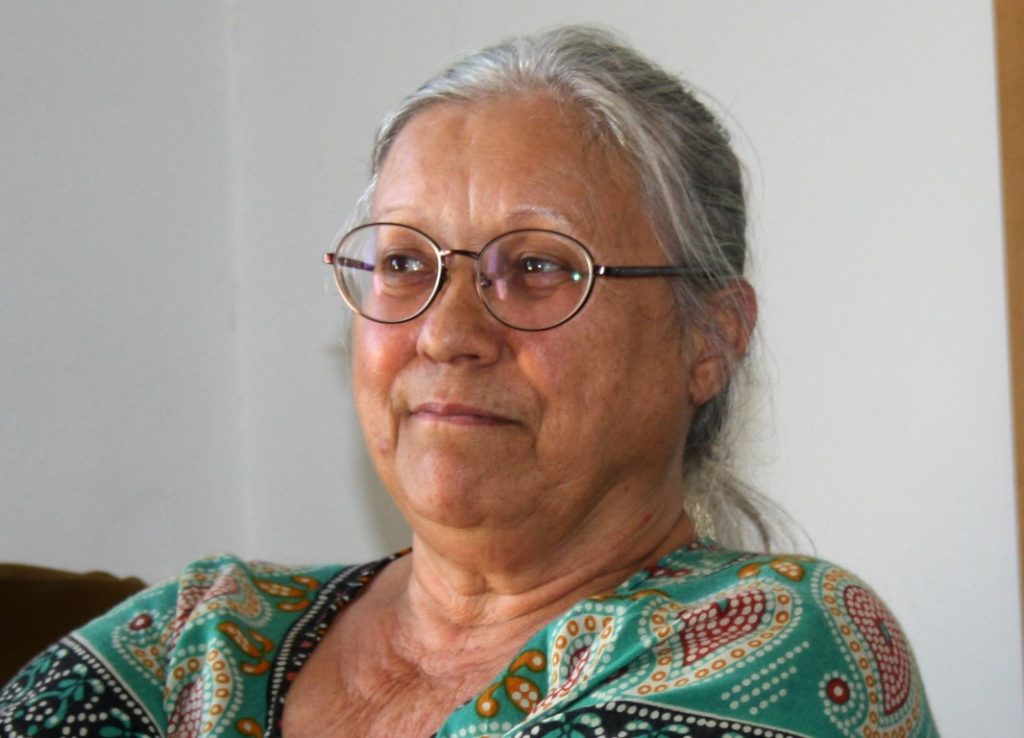
“I realized how little I knew when I started translating the documents. Especially when I translated that terrible text of the revolt aboard a slave ship and the absolute violence it reveals [on the part of the crew, punishing the revolts]. And I had always learned that slavery in Brazil had been a soft thing, that the Portuguese were very nice», he said.
The reality was still quite different. Also because, contrary to what happened, for example, in the United States of America, slaves, in Brazil, were a very cheap commodity, as such «were not treated with great care». “Basically, it was more affordable to buy a new slave than to take care of those who already had them so that they could live a long time and reproduce”, he illustrated.
In order to bring this piece to the scene, the Alternative Partition has the support of the Regional Directorate of Culture and the Chamber of Tavira. This was, by the way, an old project by Tela Leão, which only with the support of these two entities was able to become a reality. Thus, there will be "a preview at the schools of Tavira", also tomorrow.
After the premiere in Tavira, there are already two more presentations guaranteed: the first will be at the Loulé Museum, on December 2, on the International Day for the Abolition of Slavery, and the second at the Discovery Week, in April 2017, at the Market of Slaves of Lagos.
In the case of tomorrow's presentation at the Tavira Library, is included in the program of the Álvaro de Campos Birthday Party event, one of the initiatives of the «365 Algarve» program.
See the photos from the rehearsal of the play Os Filhos do Fogo de Deus:
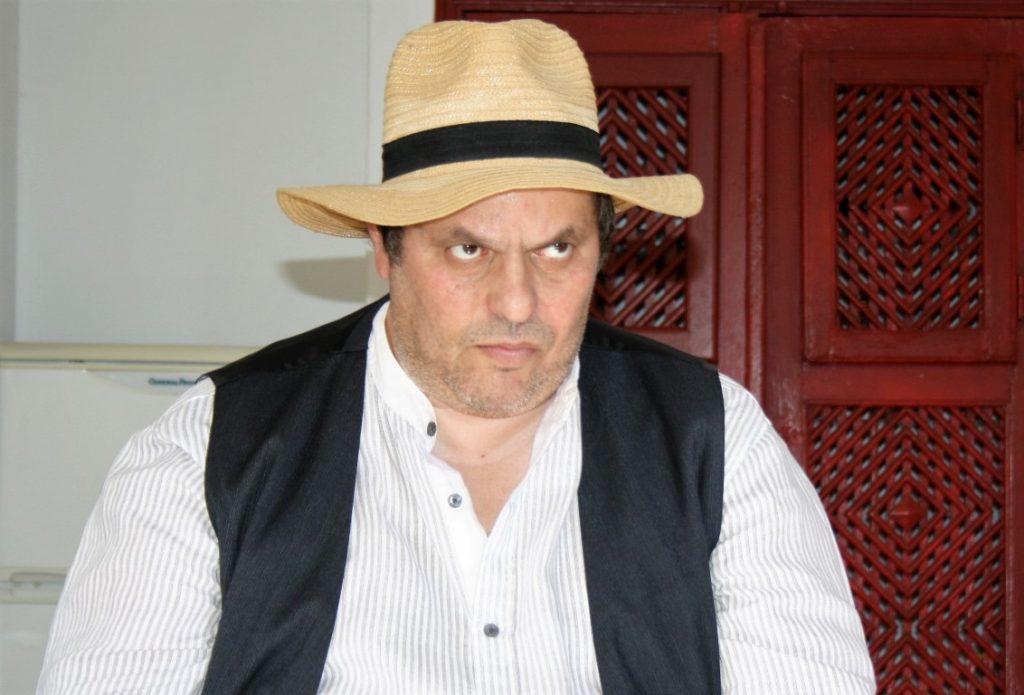
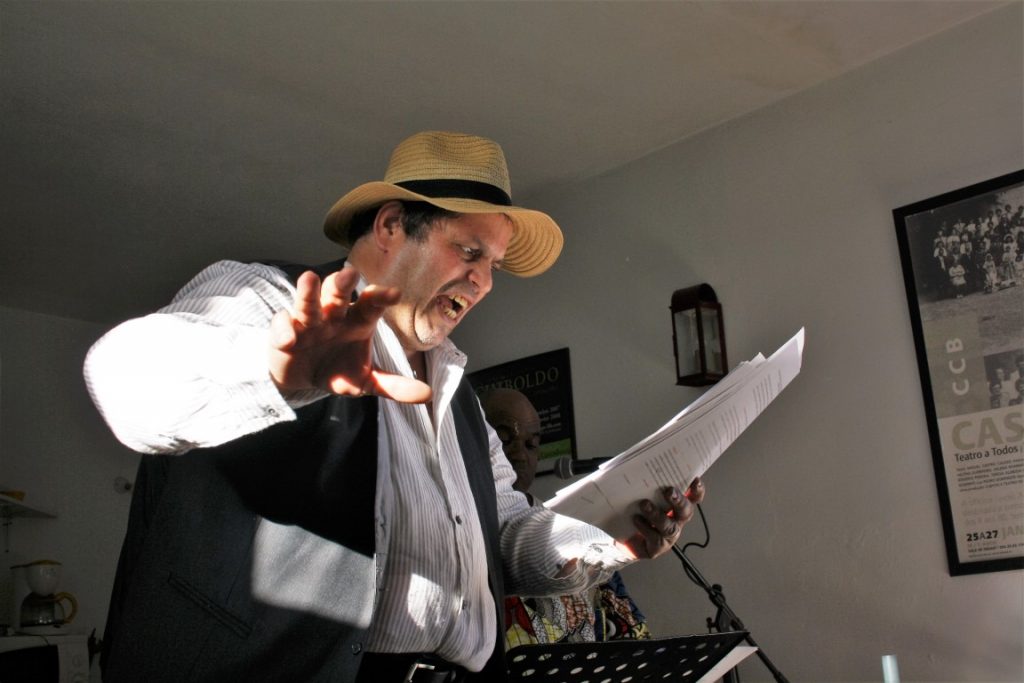
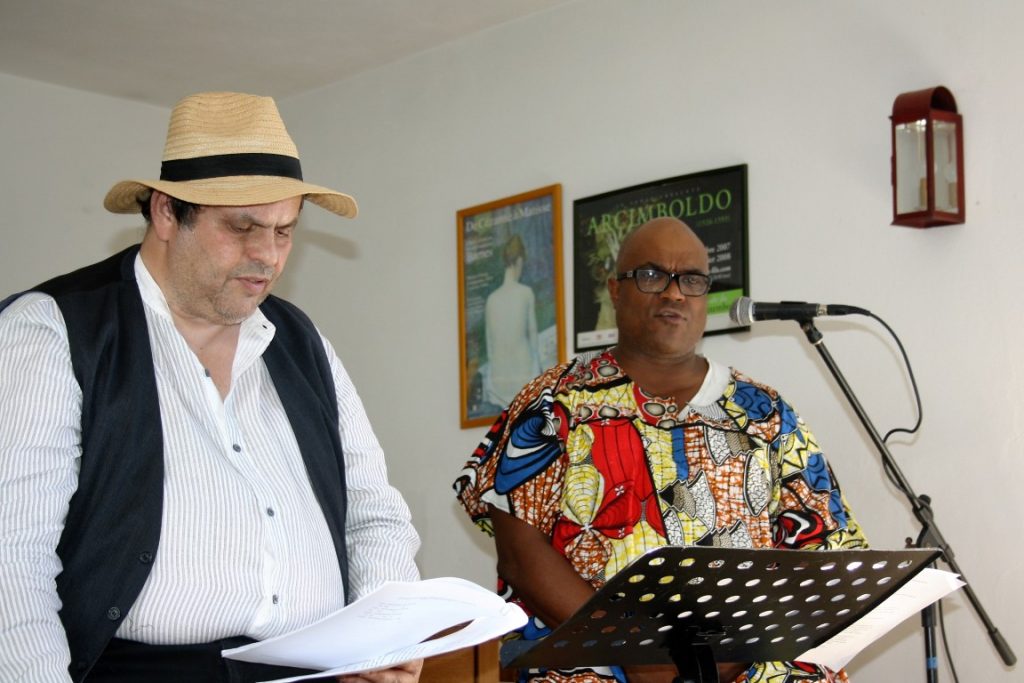
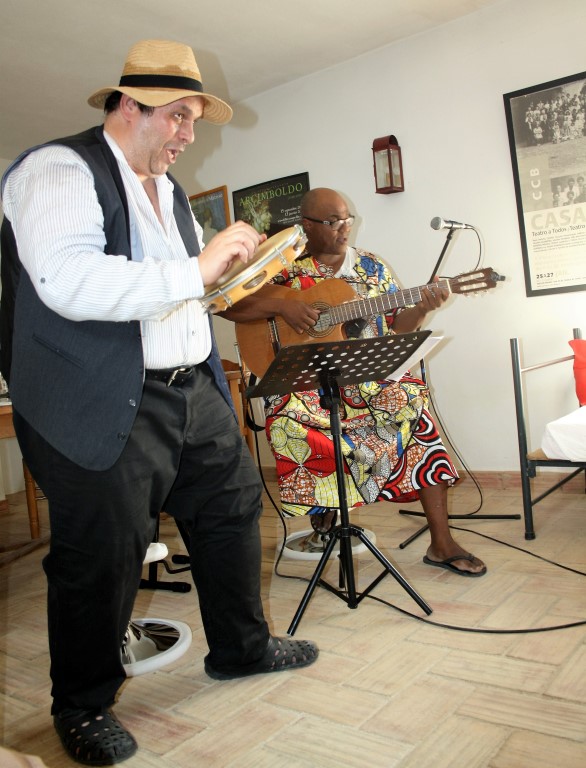
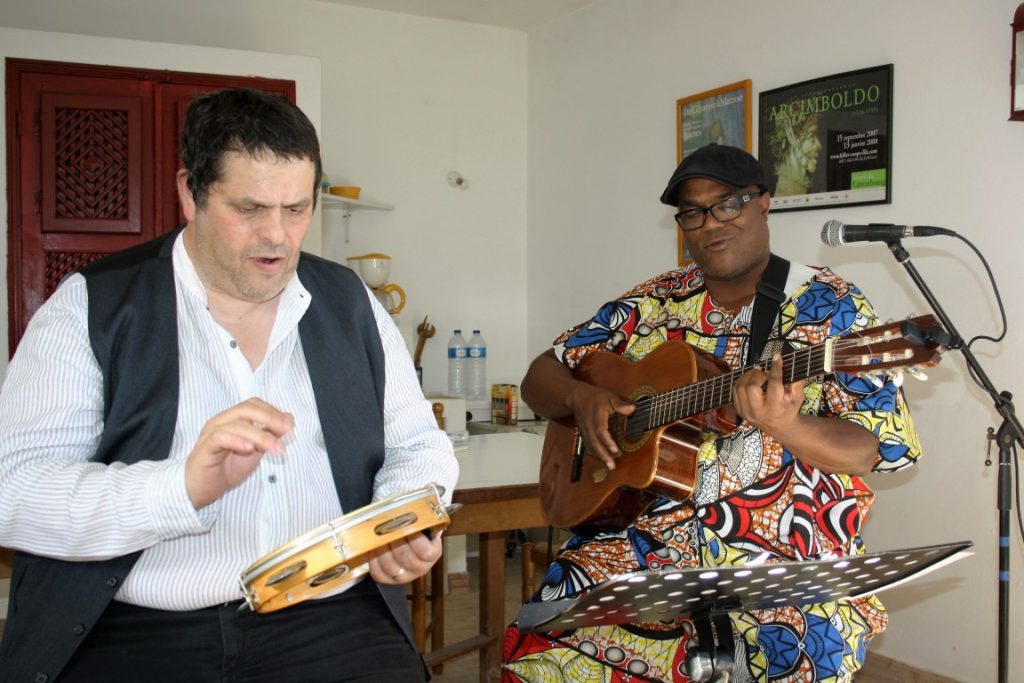
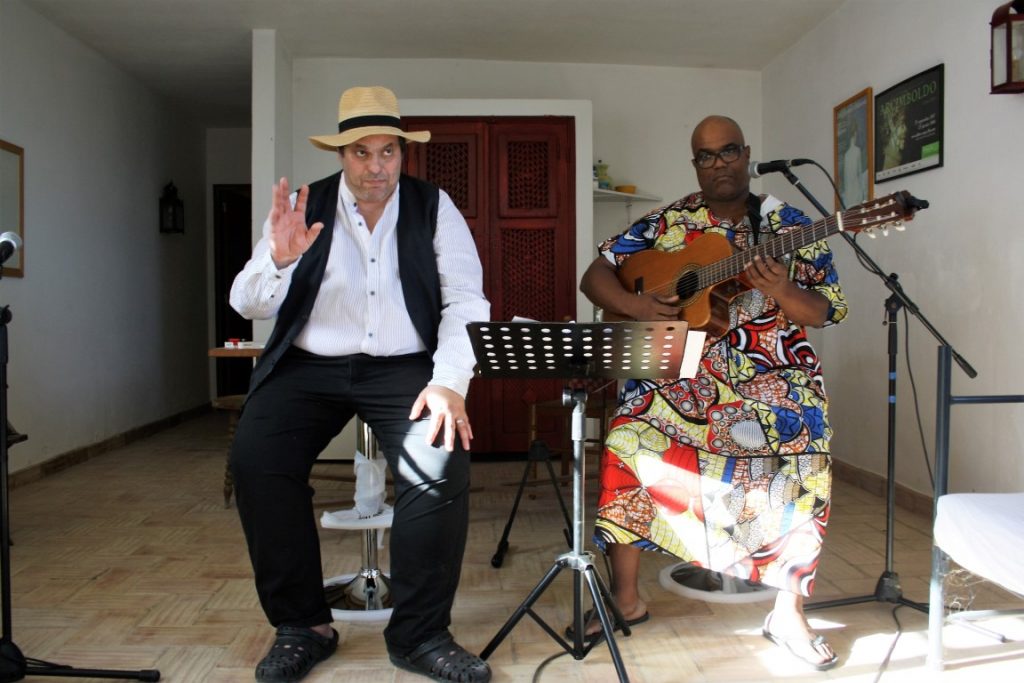
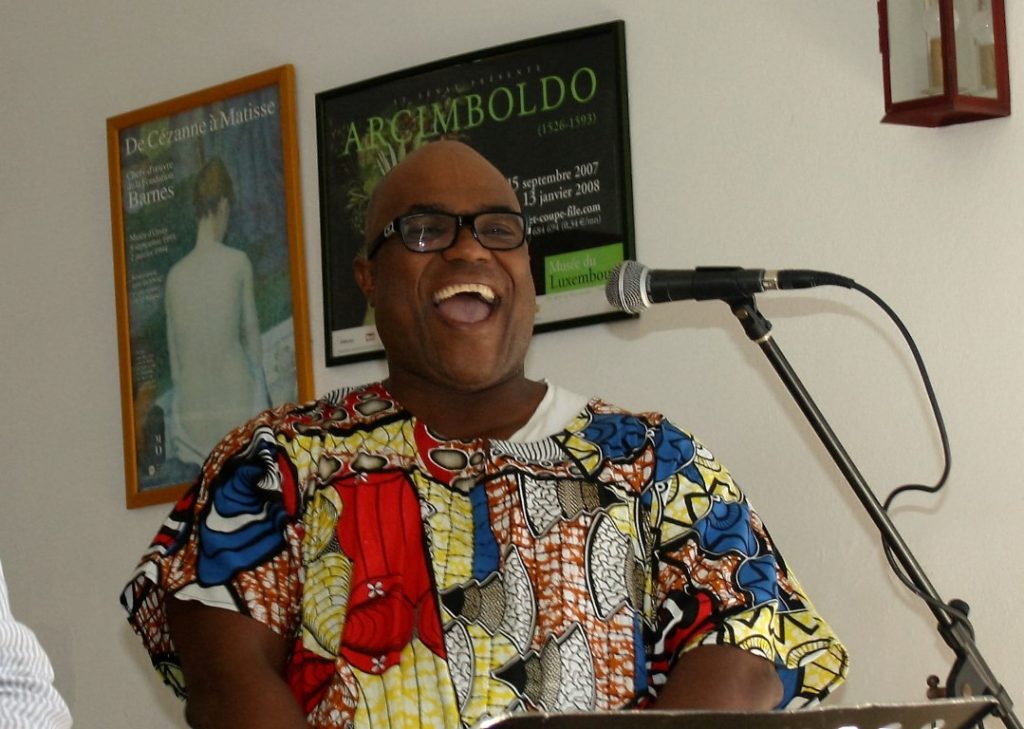


















Comments